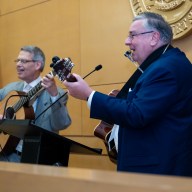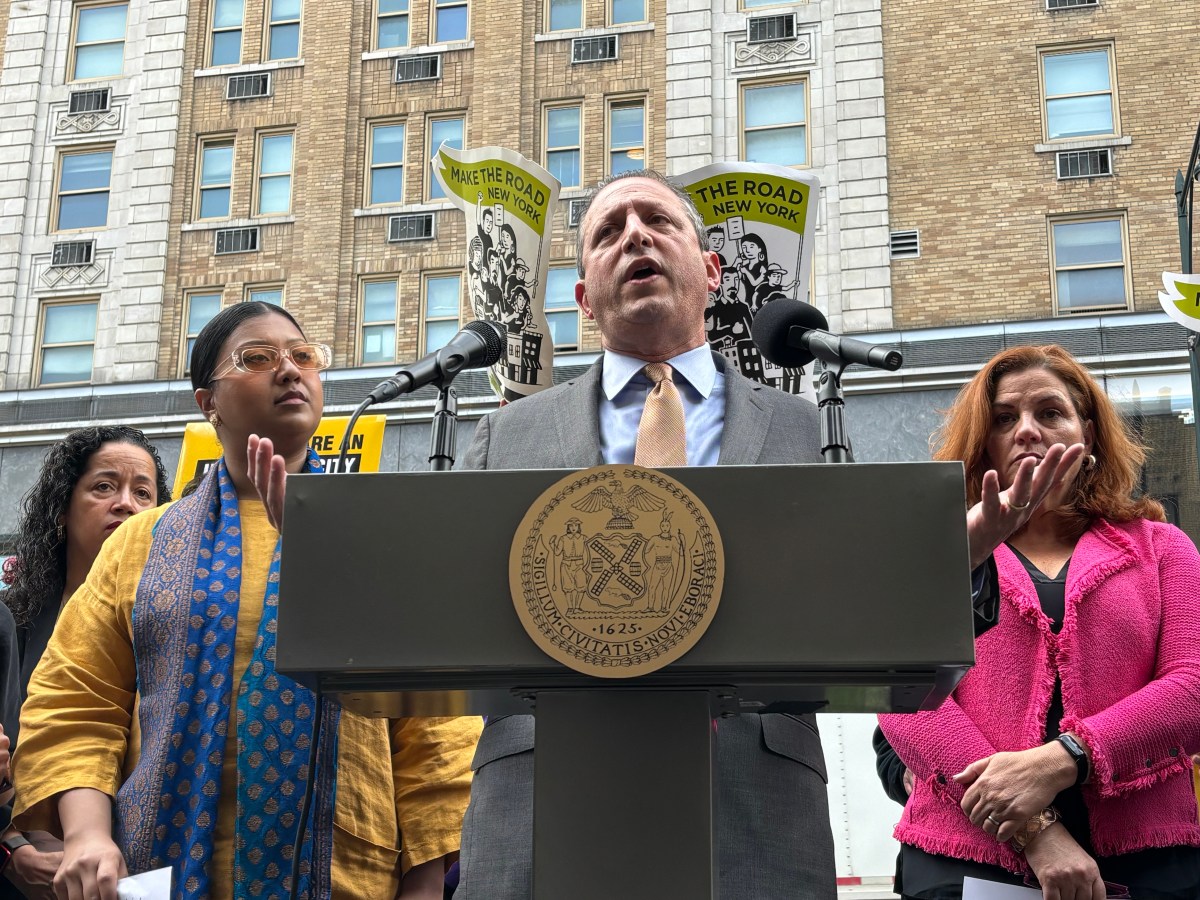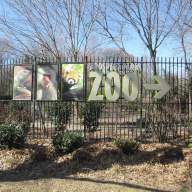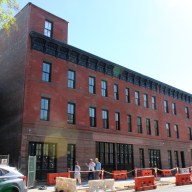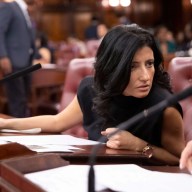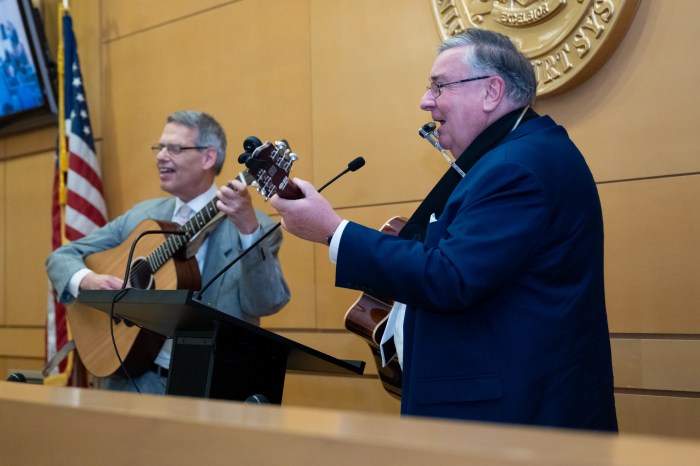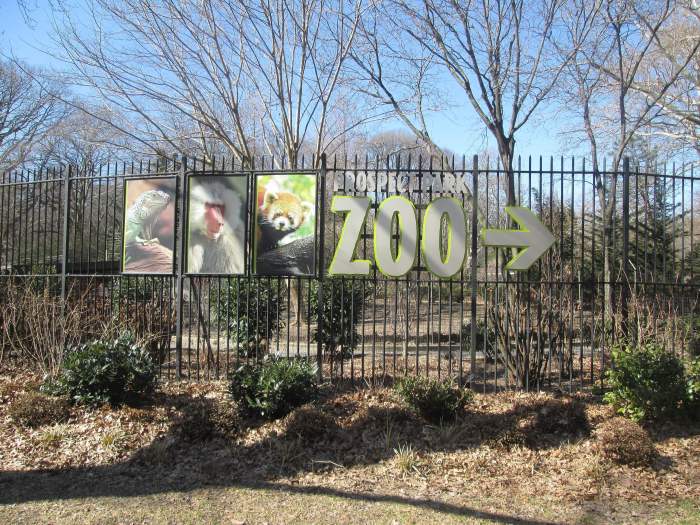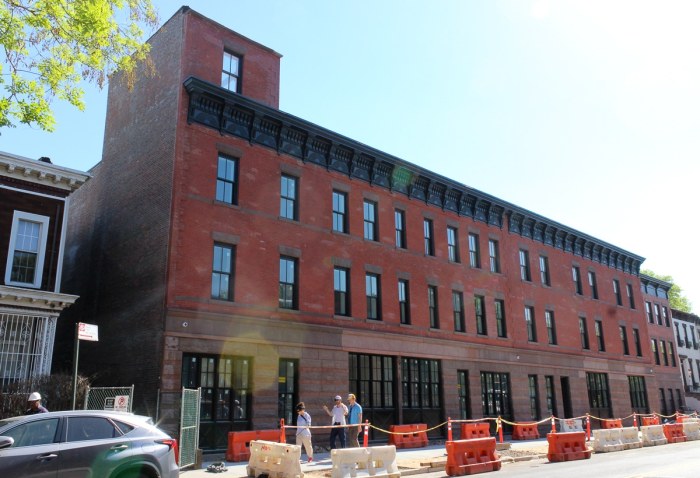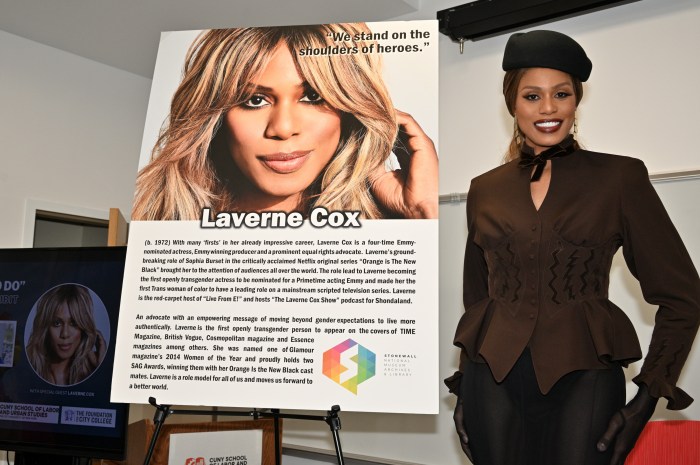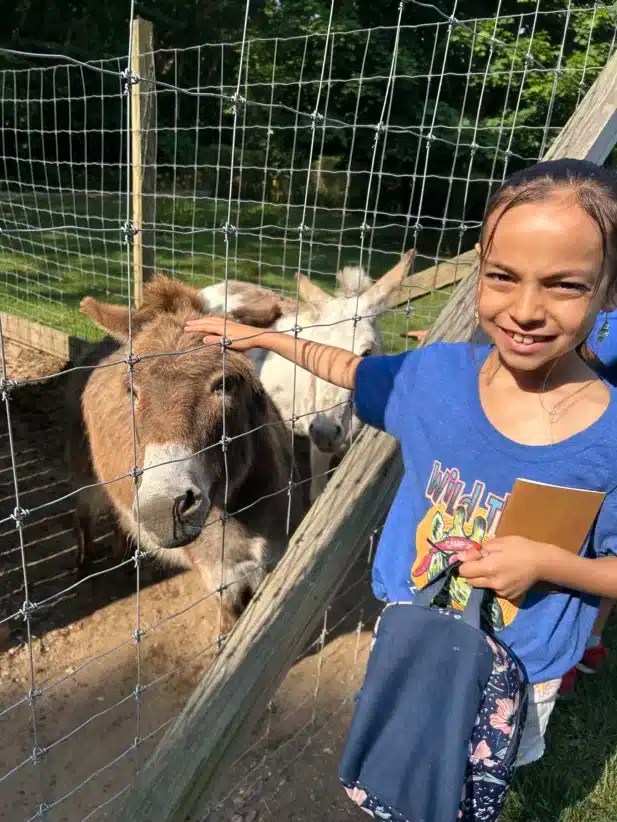Community Board 6 this week gave its blessing to the expansion plan posed by an elite Park Slope private school, determining that the controversial scheme would not spell doom for the neighborhood’s historic district.
With a vote of 21-6 with five abstentions, the board reasoned that while some may disagree with the Berkeley Carroll School’s plan to reconstruct a one-story annex at the rear of its middle and upper school at 181 Lincoln Place, it is within the boundaries of acceptability in the district.
Critics of the project have argued that the plan, particularly the inclusion of a rooftop playground, is simply another step in the school’s gradual dissolution of the historic district, and its general disregard for its neighbors’ quality of life.
But for a landmark issue, quality of life concerns are not what the board is asked to weigh, members noted. Instead, it is asked to look at how best a project conforms to the requirements of a particular historic district, noted member Lou Sones. “If it meets the landmark requirements, then we should vote for it,” he said.
“We abuse our authority if we look beyond our authority,” added member Mark Shames.
Some board members said the school was playing fast and loose with the district, and worried that the school isn’t done expanding. “They have systematically built out their entire backyard, and I expect they will continue to do so,” said Glenn Kelly, who voted against the plan.
Board chair Richard Bashner, who has children who attend the school, recused himself from the vote.But while community members were not permitted to speak during the board’s deliberation, Bashner did, at length, saying he was doing so “as a Berkeley Carroll parent.”
“On balance, the merits of the project far outweigh the disadvantages,” he said. “Berkeley Carroll has done its best to present a balanced proposal.”
The school has met with neighbors since the summer, trying to hammer out a reasonable compromise. It agreed to remove noisy air conditioning and mechanical equipment from the rooftop, set back the playground 15 feet from the building’s edge, and vowed not to kill any trees during the reconstruction.
The changes made little impression on Berkeley Carroll neighbors like Dan Enriquez, who said the school’s plan is little changed from its inception. Enriquez was among the majority of a steering committee formed this summer to leave the negotiating table because, he said, the school was refusing to offer real compromise.
Moreover, he said, opponents of the plan have had an uphill climb, both at the community board and at a local civic group.The board’s Jan. 13 meeting was no exception, he said. “It was nonsensical to me that Bashner would recuse himself from presiding over the session on Berkeley Carroll’s expansion, only to subsequently make the case in support of their project for some length of time,” he said. “Not being an expert in landmark law, [Bashner] countered any point made by community board members that suggested that aspects of the project might be landmark issues.”
Just minutes before the board’s meeting, Ken Freeman, president of the Park Slope Civic Council, phoned district manager Craig Hammerman to say the civic determined that the project would have no adverse impact on the character of the Park Slope Historic District. Freeman also has children who attend Berkeley Carroll, and the civic’s former president is Lydia Denworth, executive vice president of the school’s board of trustees.
The community board’s vote is advisory in nature. The matter will next come before the city’s Landmarks Preservation Commission on Feb. 2.




